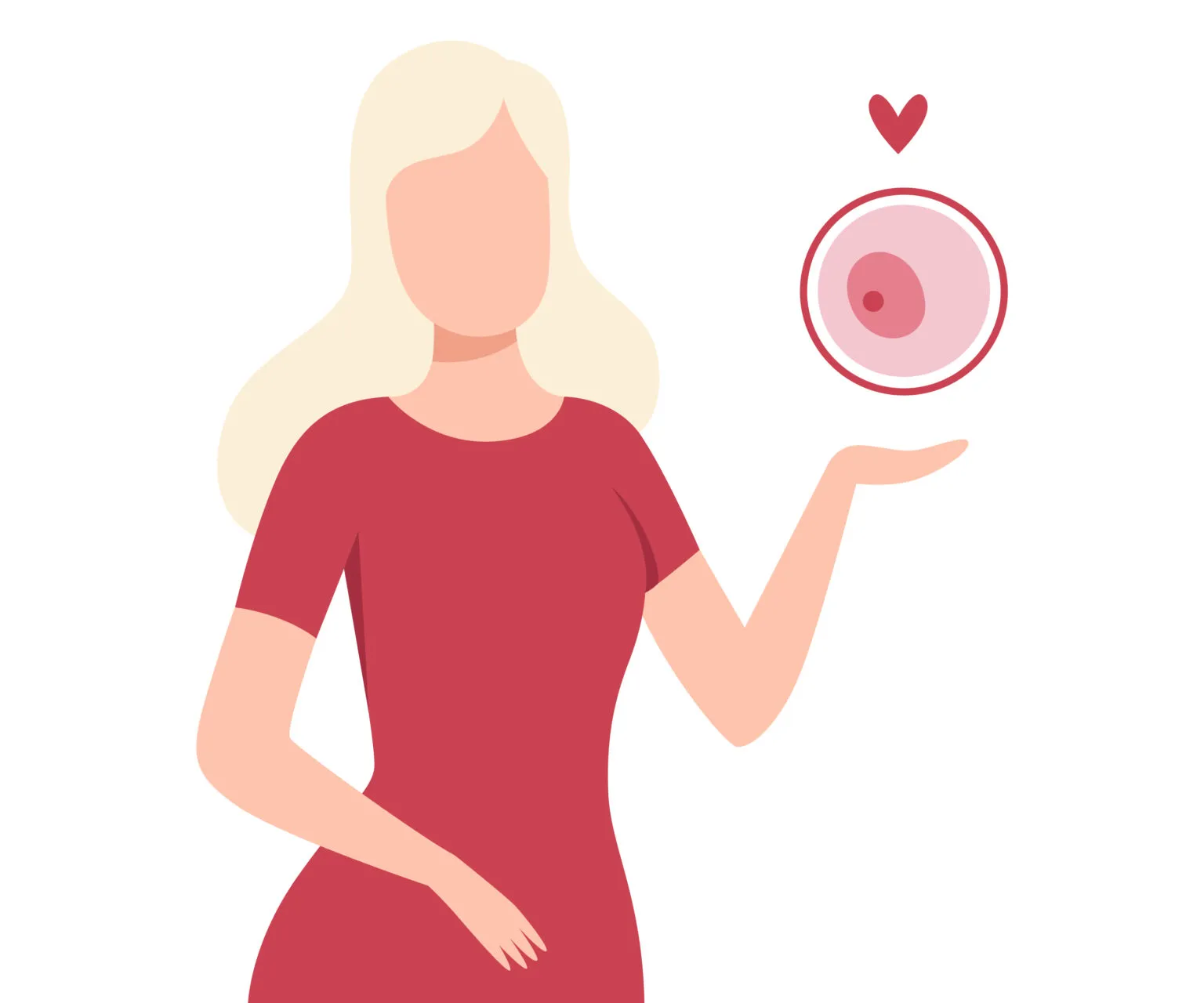If a woman is unable to produce quality eggs of her own owing to health conditions or advanced maternal age, she can opt for egg donors. Generally, the quality and fertility of women declines after 37, and then, it would be better to have a baby by finding egg donors and using IVF. Studies show that the women who use donor eggs transfer their own DNA to their child. Some research associated with this also show that if the egg from a donor is used, the baby will have some DNA of the mother.
Who Requires Egg Donation?
As mentioned above, women with poor-quality eggs or no eggs, and still wish to have a biological child by using the partner’s sperm can opt for an egg donor. Furthermore, women who have uterus and have no ovaries, couples with genetic factors, and women with advanced maternal age can receive egg from a young and healthy egg donor to have a healthy child.
Furthermore, women look for donor eggs if they are undergoing cancer treatment, which would have damaged their eggs and ovaries, have continuous IVF failures, are under congenital conditions, have premature menopause, had poor embryo quality in past IVF cycles, and have declined ovarian function due to age.
Also, Read: Egg Donation Myths
Essential Requirements for Egg Donors
To donate eggs, a donor needs to undergo several medical and psychological tests. A complete physical examination after considering the medical history and ovarian reserve assessment are carried out to confirm that the egg donor is very healthy and fit to donate quality eggs. However, the egg donor must be of the age between 21 and 30.
The egg donors should have two normal ovaries and no personal family history of hereditary disorders. Other than these, they should have no history of infectious disease or endometriosis, have normal blood results, and have formerly reacted poorly to infertility drugs.
What Are the Steps Involved in Egg Donation Process and IVF?
The in vitro fertilization (IVF) technology is used for the fertilization of eggs and development and implantation of the embryo in the mother’s womb to help a woman become pregnant. When you choose to have an egg donor, it is important to find a suitable one. If you are using an anonymous egg donor, the law does not permit you to see the photograph of the donor, but you can mention your preferences such as physical characteristics, ethnic origin, height, skin tone, hair color and eye color to ensure that the child fits well in your family.
Furthermore, you can get information on the donor’s education, interests, aspirations, and reasons for egg denotation. The fertility clinic will assist you in getting the closest donor based on your choices and requirements.
In some cases, the egg donors are required to write a pen portrait, which includes a complete description about them and an intended message to the child born from the donor’s egg. Moreover, the egg recipient has to be under 50 years of age, and should physically and mentally fit to receive the egg.
The counselor will explain all the indications, procedures and implications involved in egg donation to the donor and the recipient.
Also Read: 10 Important Questions to Ask Before Becoming an Egg Donor
What Is the Process of Egg Donation?
After finding the perfect egg donor, counselling, as well as complete medical and psychological tests of the egg donor are performed. On successful completion of all the test, the egg donor is given the fertility treatment by injecting hormones to induce ovulation of multiple eggs. Naturally, a woman releases only one egg in a month, but the hormone injection induces multiple eggs to mature at the same time. Once done, the fertility doctor will retrieve mature eggs through a procedure.
How Are Fertilized Eggs Retrieved from a Donor?
Once the eggs are matured, the egg donor is administered sedation drugs, and then the eggs are retrieved using ultrasound guided needle that is inserted into each mature follicle and each matured egg is retrieved. Only a well-experienced medical practitioner is allowed to do an egg-retrieval procedure since the process involves inserting a hollow tube into the uterus through vagina to reach the ovaries and follicles, and then, the eggs are removed carefully from the follicle.
Fertilization and Implantation
The matured eggs are fertilized with the sperm (partner’s sperm or selected donor sperm) through in vitro fertilization (IVF) in the laboratory through the process, insemination. Both the eggs and sperm are combined and stored to allow fertilization. If the sperm have a low mobility, they are injected directly into the eggs. The fertilized eggs or embryos are left to be hatched, and after 3-5 days one or more embryos are implanted directly into the womb.
The whole process includes several steps and takes months to finish. IVF may work at the first try or need several attempts; for this reason, the fertility clinic stores the extra embryos for future use.
Also Read: SPERM DONATION
